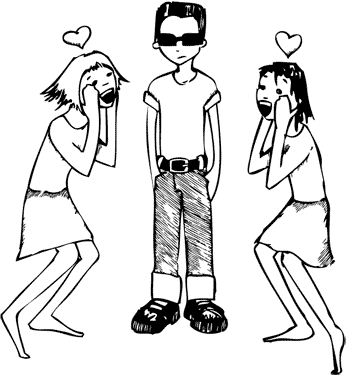 |
| They should make more of these. |
Shorter is always better when it comes to writing. Makes things less redundant, faster to read, cheaper to publish. The benefits of brevity are overwhelming.
So, keep your work as tight as possible.
A Common Error
I see many writers making a common mistake these days. Even professionals.
 |
| Don't push the red button. |
We're in the character's head. If a car is being described, we know he or she is looking at it. If its engine roars, we know he or she is listening. If its door handle is smooth, we know he or she is feeling.
Why state the obvious? Why state it multiple times?
There's no reason. Don't even waste time coordinating your brain cells to find one.
It's Better
In case you're still tempted to write all those things I just said you shouldn't, let's look at a few examples.(Actually, let's just look at one.)
Bad Way: "He looked at the black car, heard its engine roar, felt the wind lash out at him as it sped past. He coughed, tasting the black exhaust on his tongue."
(Wow. That was just horrible)
Good way: "The black car sped past him, engine roaring, its trail of wind lashing out. He coughed, black exhaust on his tongue."
(That was so beautiful.)
Concession
To be fair, there is nothing "wrong" about using "he/she looked" or "he/she heard," or "he/she felt," when describing the POV. That's why most writers do it. Why they keep doing it.
But there is NOTHING effective about it.
So unless you are describing other characters, avoid those phrases like a rattle snake in the desert.
And keep your writing tight. Keep your writing great.
 |
| It may look nice. It isn't. |













